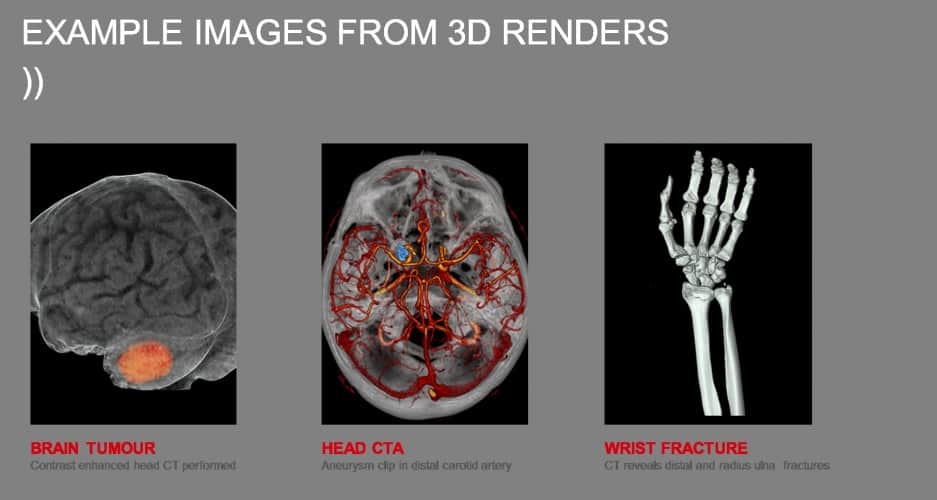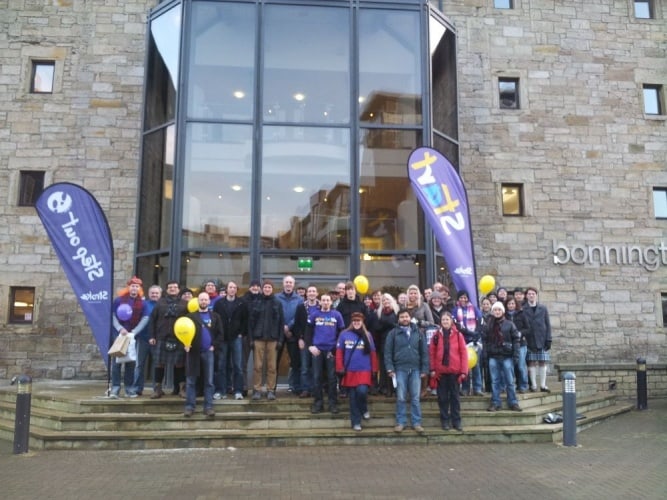Edinburgh-based Toshiba Medical Visualisation Systems received the honour from the National Undergraduate Employability Awards earlier this month for the success of its summer internship programme.
The company, which has recently been increasing the number of graduate engineers it employs, designs software for medical scanning devices but also carries out its own long-term research programmes.
‘What makes us stand out is the innovation: we’re doing something interesting, we’re doing life-changing work,’ said the firm’s HR advisor Leeanne Weatherston. ‘It’s helping save people’s lives.’

The firm’s internship programme was recognised for its efforts to provide students with structured development and for assigning them to projects that provide significant learning opportunities and are also important to the business. ‘We’re not just getting them in to do work for the sake of it,’ said Weatherston.
‘An internship is a good route into the company. It gives students the chance to experience working here and we have hired a number of interns. Managers are keen to hold onto a good intern – if there’s a vacancy coming up they might even hold off recruiting until the intern is available.’
However, those students who haven’t undertaken long periods of work experience – and even those without computer science degrees – are still sought-after by the company if they have other evidence of their programming skills.

‘We’re looking for skills in C++ but we would provide training if someone wasn’t expert in that particular language,’ said Weatherston. ‘What students get taught in computer science is very relevant to what we do as there’s some complicated maths involved.
‘But if someone’s done a lot of self-taught programming we will look at that and they would need to emphasise that on their CV or cover letter. The ones that stand out are those who have done a lot of things in their personal time. We’re looking for motivated, engaged individuals.’
The firm, which employs around 125 people, most of whom are engineers, began as a startup nearly 20 years ago and was bought by multinational company Toshiba in 2009 but retains the feeling of an autonomous, small business, said Weatherston.
‘People enjoy working here. The staff turnover is very low because people tend to stay and develop within the company.’
For more student careers news and advice follow us:











Klein Vision unveils AirCar production prototype
According to the Klein Vision website, they claim the market for flying cars will be $1.5 trillion by 2040, so at the top end $1 million per unit that...